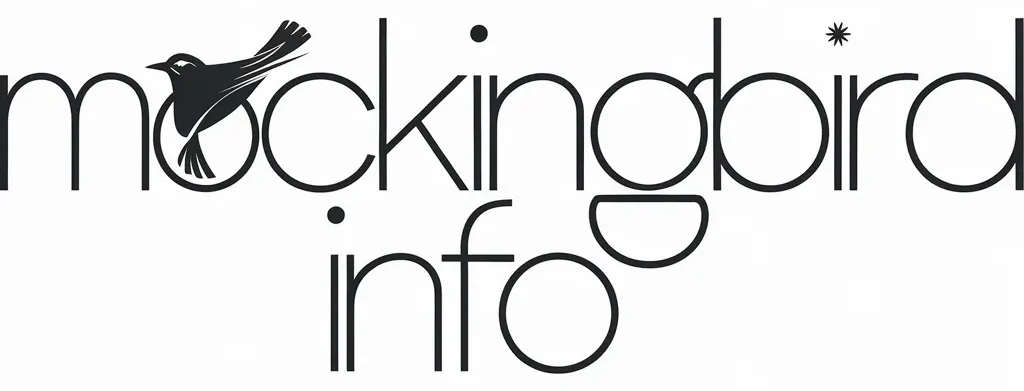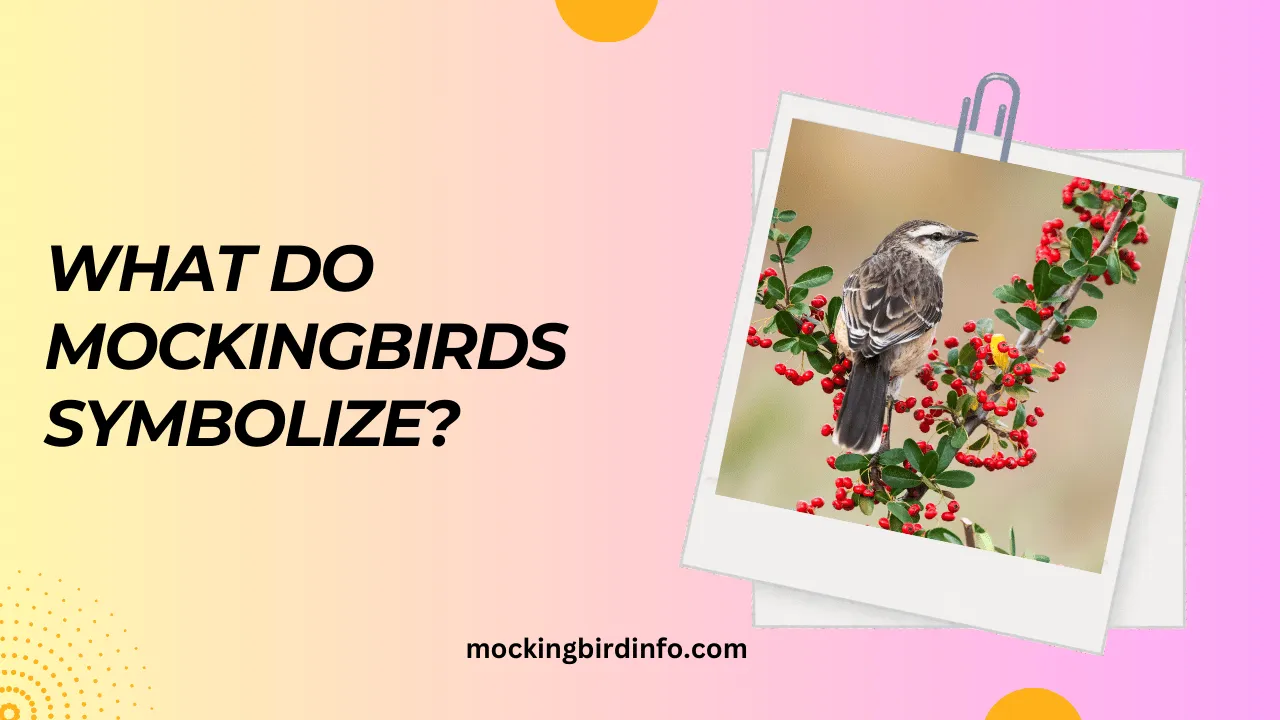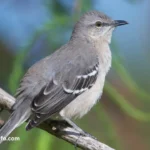The mockingbird’s song is often described as an intricate melody that echoes through the air, a symphony of nature’s finest sounds. This remarkable bird, capable of mimicking the calls of over 200 species, is not just known for its vocal prowess but for the deep symbolism it carries.
From ancient cultures to modern times, the mockingbird has captured the imaginations of people around the world with its versatility and grace. Across cultures, the mockingbird symbolizes much more than just a songbird. Its vibrant presence represents freedom, creativity, communication, and resilience.
Whether it’s seen as a messenger between worlds in Native American traditions or a symbol of justice in the pages of literature, the mockingbird continues to offer profound insights into the human experience.
In this article, we will explore the rich symbolism of the mockingbird and its deeper meaning in culture, literature, and personal connection. The symbolism of mockingbirds transcends time and space, revealing complex layers of meaning that resonate with people today.
From Native American beliefs to their presence in Southern culture and literary masterpieces, mockingbirds are seen as icons of hope, beauty, and inspiration. Let’s delve deeper into how this captivating bird has earned such a revered place in our hearts and minds.
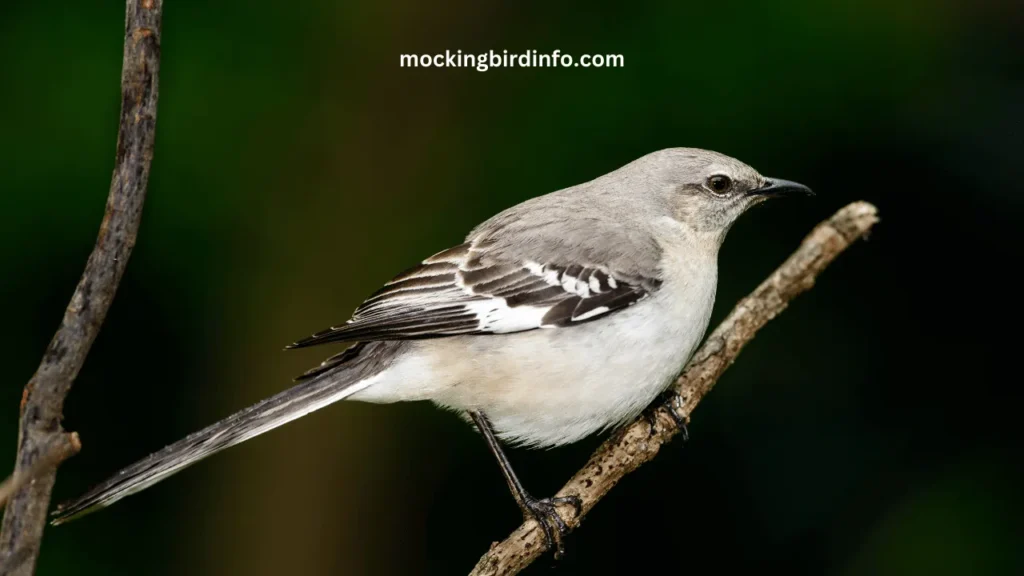
Contents
- 1 Cultural Interpretations
- 2 Symbolism in Literature and Art
- 3 Psychological Impact
- 4 Conclusion
- 5 FAQs
- 5.1 1. What do mockingbirds symbolize in Native American culture?
- 5.2 2. Why is the mockingbird significant in literature?
- 5.3 3. What does a mockingbird’s song represent?
- 5.4 4. What cultural meanings do mockingbirds have in the American South?
- 5.5 5. Do mockingbirds inspire creativity?
- 5.6 6. What psychological impact does listening to mockingbirds have?
Cultural Interpretations
Native American Beliefs: In Native American cultures, mockingbirds hold significant spiritual value. They are often seen as messengers between the human and spirit worlds, believed to carry wisdom and guide individuals through spiritual journeys.
These birds symbolize communication and storytelling, embodying the importance of conveying truths and sharing experiences. Some tribes also believe that the mockingbird’s song carries lessons or warnings from the ancestors, reinforcing their role as connectors between different realms of existence.
Southern Culture: The mockingbird is not only the state bird of several Southern U.S. states, such as Texas and Florida, but also a cherished cultural symbol. It embodies nostalgia and the essence of home, often associated with memories of warm summer evenings and a sense of belonging.
The bird’s song can bring a deep feeling of comfort and familiarity, making it an emblem of community and resilience. In Southern folklore, the mockingbird is sometimes seen as a protector, defending its territory with bravery, which further highlights its symbolic association with courage and strength.
General Symbolism: Across cultures and societies, mockingbirds represent freedom due to their unbound, wandering nature and the ease with which they navigate the skies. Their mimicry skills make them symbols of creativity and communication, showcasing the beauty of expression and adaptability.
The mockingbird’s ability to incorporate various sounds into its song is seen as a metaphor for embracing diversity and finding one’s unique voice in a world filled with noise.
Symbolism in Literature and Art
Harper Lee’s “To Kill a Mockingbird”: The most well-known literary reference to mockingbirds is in Harper Lee’s classic novel, where they symbolize innocence and the unjust persecution of the innocent.
In the story, characters like Tom Robinson and Boo Radley are likened to mockingbirds—innocent beings who suffer due to societal prejudice. The moral lesson derived from this symbol is clear: harming a mockingbird is an act of cruelty, as they exist only to bring beauty into the world through their song.
This iconic representation has contributed significantly to the cultural understanding of justice and empathy.
Poetry and Song: Poets and songwriters have long drawn inspiration from the mockingbird, viewing it as a symbol of beauty, yearning, and the complexities of life. The bird’s ability to mimic different sounds can be interpreted as an analogy for human emotions and experiences, reminding readers and listeners of the bittersweet nature of love, hope, and the passage of time.
Songs like “Hush, Little Baby” and various folk ballads use the mockingbird as a comforting presence, symbolizing care and protection.
Visual Arts: In the world of art, mockingbirds have been portrayed in paintings, sculptures, and other visual media as symbols of freedom and individuality. Artists use the bird to convey themes of expression and the harmonious blend between nature and human creativity.
The mockingbird’s presence in artwork often invites viewers to contemplate the importance of finding one’s own voice and cherishing the simple, yet profound, beauties of life.
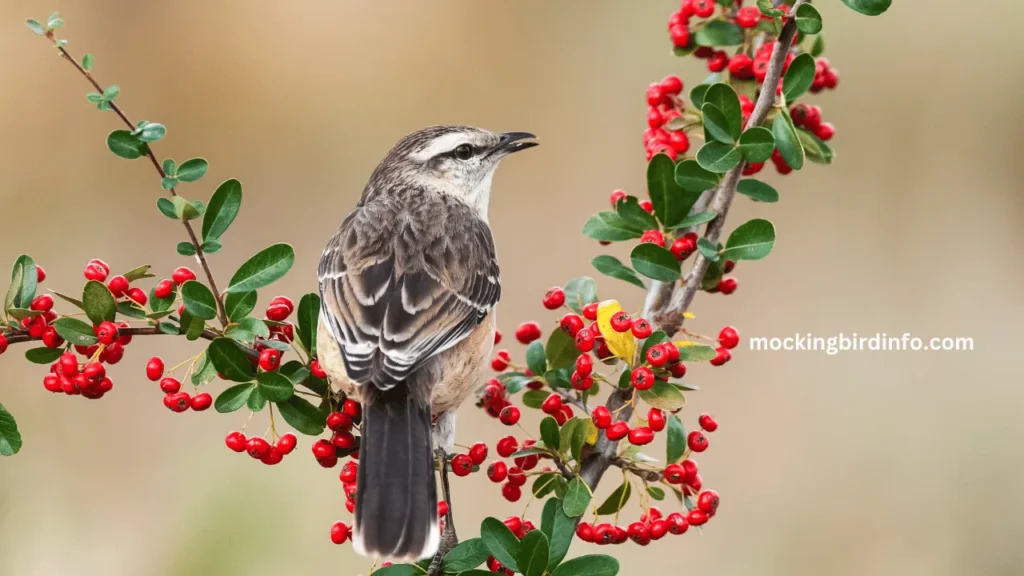
Psychological Impact
Connection to Nature: Observing or listening to mockingbirds can have a soothing psychological effect, helping people feel connected to nature. The bird’s elaborate and varied songs provide moments of tranquility and can be a source of mindfulness, encouraging people to pause, listen, and appreciate the present moment.
This practice can foster mental well-being and reduce stress, promoting a sense of inner peace.
Inspiration and Creativity: The mimicry skills of mockingbirds serve as a metaphor for human creativity and innovation. Their intricate songs can inspire artists, writers, and thinkers to push the boundaries of their work, reminding us that creativity often involves drawing from multiple influences and merging them into something unique.
The mockingbird’s song becomes a reminder that true expression is often found in the blend of different experiences and ideas.
Emotional Response: The sound of a mockingbird can evoke a wide range of emotions—from joy and nostalgia to a sense of peace and wonder. Hearing their melodic, multi-layered songs can transport listeners to memories of childhood or peaceful moments spent in nature.
This emotional resonance underscores why the mockingbird continues to be a powerful symbol in art and storytelling, as it embodies not just the beauty of sound, but the depth of feeling that such beauty can inspire.
Conclusion
Recap Key Points: Mockingbirds are more than just songbirds; they are potent symbols woven into the fabric of various cultures and artistic expressions. From their role as spiritual messengers in Native American traditions to their embodiment of innocence and justice in literature, mockingbirds are revered for their freedom, creativity, and resilience.
Personal Reflection: To many, including myself, the mockingbird’s song is a reminder of the simple joys in life and the importance of staying true to oneself. Their songs, filled with borrowed notes yet uniquely their own, remind us that each voice has value and power. When we listen closely, the mockingbird teaches us about the beauty of diversity and the importance of expressing our true selves.
Final Thought: The next time you hear a mockingbird’s song, let it be a reminder of the profound truths it represents: the freedom to sing your own song, the courage to share your story, and the resilience to keep singing through life’s storms. In appreciating the mockingbird, we learn to appreciate the myriad voices and stories that make life so richly beautiful.
FAQs
1. What do mockingbirds symbolize in Native American culture?
Mockingbirds are seen as spiritual messengers and symbolize communication and the art of storytelling, often thought to carry messages between humans and the spirit world.
2. Why is the mockingbird significant in literature?
The bird is a symbol of innocence, beauty, and social justice, most famously represented in Harper Lee’s “To Kill a Mockingbird”, where it highlights the injustice faced by the innocent.
3. What does a mockingbird’s song represent?
The song represents freedom, creativity, and expression, as the bird’s ability to mimic different sounds embodies the idea of boundless imagination and unique self-expression.
4. What cultural meanings do mockingbirds have in the American South?
In the American South, mockingbirds symbolize nostalgia, home, and resilience, representing the comforting aspects of familiar surroundings and the strength of character.
5. Do mockingbirds inspire creativity?
Yes, their complex and varied songs are seen as symbols of inspiration, often motivating artists, writers, and musicians to embrace creativity and express themselves.
6. What psychological impact does listening to mockingbirds have?
Their song can evoke feelings of joy, peace, and nostalgia, promoting mindfulness and a sense of connection to nature.
